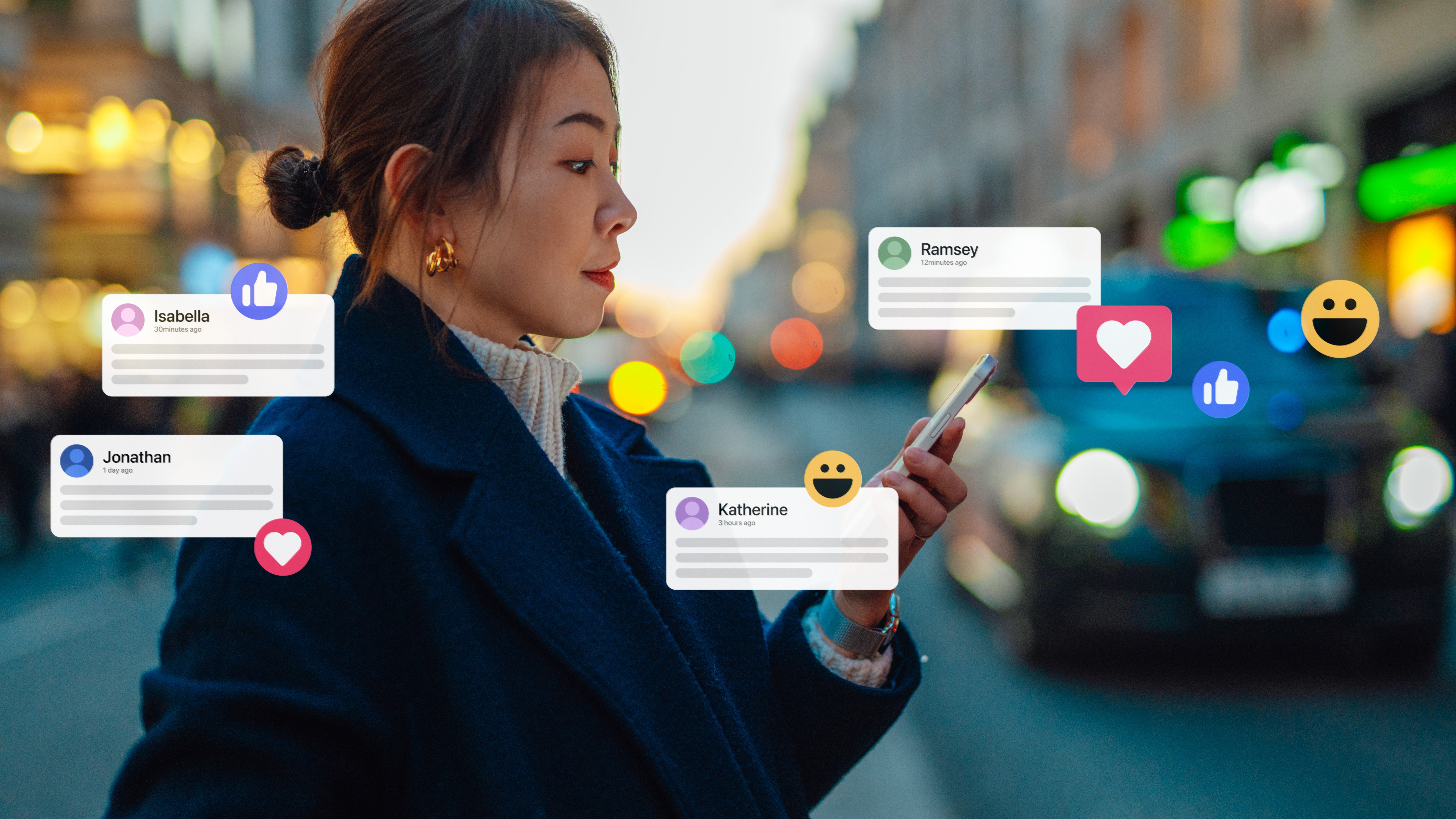
Human brains can discern the basic structures of written language from a single glance — enabling us to quickly consume the torrent of information fed to us by smartphones, a new study finds.
By measuring the brain activity of 36 volunteers, scientists found that people can detect basic sentence structures in as little as 125 milliseconds, or about the speed of a blink of an eye.
This means that people can process words as quickly as we comprehend visual scenes, a skill that enables us to continually observe and navigate the world around us. The new finding, published Wednesday (Oct. 23) in the journal Science Advances, could help reveal key clues about how our brains encode language, the researchers said.
Studying how the brain processes written messages enables scientists to understand more about the properties of language — particularly those properties that are not linked to speech, Liina Pylkkanen, a professor of linguistics and psychology at New York University, told Live Science.
Related: Your native language may shape the wiring of your brain
Studying the neurobiology of language is often made difficult by the mouth, in that it "forces us to turn the language into a sequence" of brain activity in order to speak words aloud, Pylkkänen said. This restricts our understanding of language's properties to those demanded by the word-by-word serialization needed for speech.
To sidestep this issue, the researchers used a non-invasive technique called magnetoencephalography, which uses magnetic fields to track electrical activity in the brain. While being scanned, volunteers were presented with a three-word sentence structure that flashed onto a screen for 300 ms, followed by a second set of words that was either left the same or altered by one word. The participants’ task was to assess whether the second sentence was the same as the first or had been changed.
The scans revealed that the brain's left temporal cortex — part of the organ's outermost layer that's key for understanding language — showed higher activity for three-word sentences than unstructured lists of words, and this activity showed up in just 125 ms.
Participants performed their best when the sentences contained a subject, verb and object, with the fastest brain activity being seen for phrases such as "nurses clean wounds," compared to noun lists like "hearts lungs livers."
This rapid detection was also seen for sentences that contained agreement errors, in which the verb doesn't match the pluralization of the subject — for example, "nurses cleans wounds." The brain also quickly detected implausible sentences, such as "wounds clean nurses." The researchers said this suggests that our brains aren't just detecting the presence of the words but are applying our previous knowledge of the world to better parse what the sentences mean right away.
"So just like your own car is quickly identifiable in a parking lot, certain language structures are quickly identifiable and can then give rise to a rapid effect of syntax in the brain," Pylkkänen said. "It's interesting since the [sentence] structural knowledge is abstract, but somehow you're still able to grasp it from the stimulus."
The researchers plan to follow up on their findings by further studying the types of sentence structures that the brain can detect quickly, and by looking into whether these align with the types of sentences people first learn as children. They also plan to study whether other visual stimuli, such as images, are processed using any of the same mechanisms we use to understand text.
Ever wonder why some people build muscle more easily than others or why freckles come out in the sun? Send us your questions about how the human body works to community@livescience.com with the subject line "Health Desk Q," and you may see your question answered on the website!







